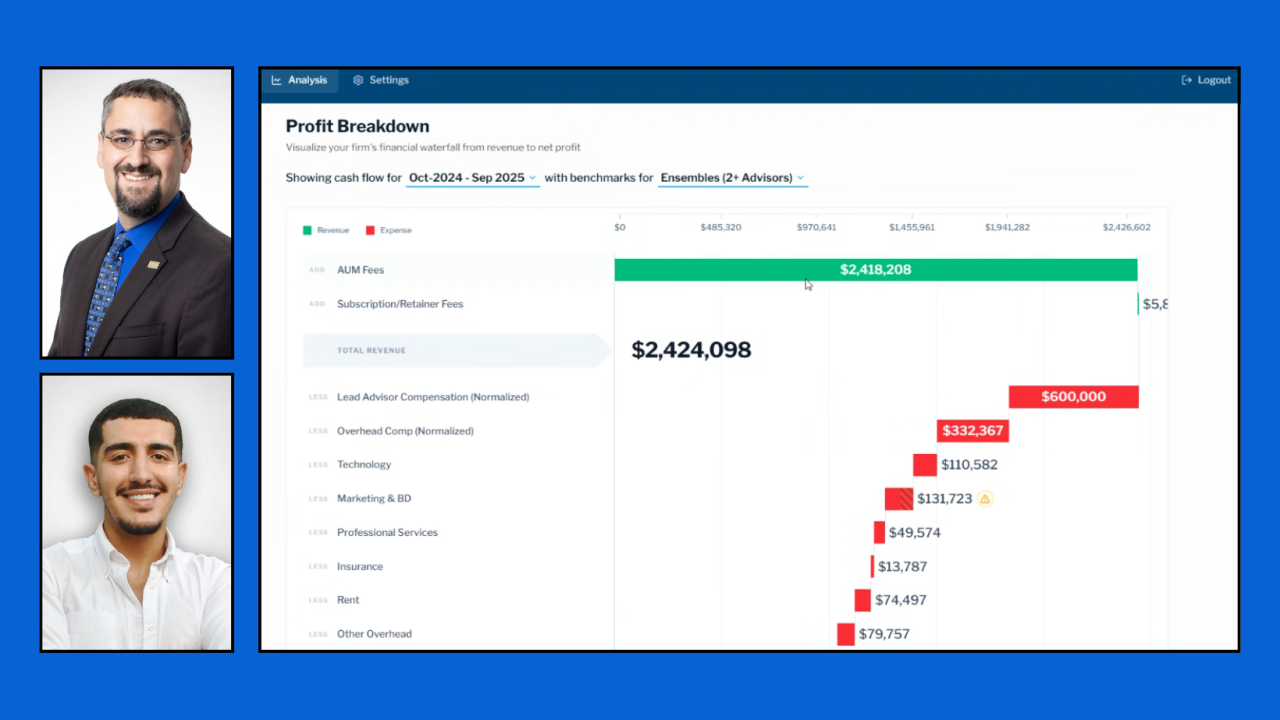Financial advisors across the spectrum-at registered investment advisors, wirehouses and independent broker-dealers-are at a loss when it comes to understanding liquidity of exchange-traded funds, according to new research from Cerulli Associates.
"ETF sponsors view misconceptions surrounding liquidity as the top growth challenge in 2013 as nearly two-thirds (63%) rated it as such," according to Alec Papazian, associate director at Cerulli Associates, referencing his study of ETF sponsors conducted earlier this year.
"ETF risks and the use of ETFs in portfolio construction were ranked as the top two topics that advisors understood the best. Liquidity and trading ranked the lowest, suggesting these two topics should remain top of mind for providers when developing educational program."
According to Cerulli's research, a lack of understanding of liquidity may unnecessarily thwart many advisors from using ETFs when they should.
ETF Inhibitors
For many advisors, mutual funds have been the investment vehicle of choice. "There's comfort there," Papazian said, noting that advisors are more hesitant to adopt new vehicles if they're happy with what they use now. According to Cerulli's study, advisors not using ETFs explained the largest inhibitors were ETFs' passive investment approach, and a general feeling of being uncomfortable with ETF structures, preferring to stick with established mutual fund products.
When advisors were asked to rate the factors they consider when evaluating ETFs, length of track record was the most important with 51% rating this as a primary consideration, followed by expense ratio, with 50% rating this factor a primary consideration. Trading volume was third, with 45% rating it as a primary consideration. Only 11% of advisors said trading volume was not a consideration (44% said it was a secondary consideration).
How RIAs Approach ETFs
According to many advisors, a lack of understanding regarding ETFs is a result of simply not needing to care. "Liquidity is not a big issue for me," said George Papadopoulos, a registered financial advisor. "I tend to use just broad-based ETFs, such as total stock market, the S and P 500 and the Russell 2000. I don't trade them. I'm mainly interested in diversification along with low cost and tax advantaged investing. I'm not going to worry about how liquid the Malaysia ETF is."
Advisors also say they feel they simply don't have to understand ETF liquidity. "I don't go to bed thinking if the Vanguard ETF I invested in yesterday will be liquid tomorrow. I sleep soundly," Papadopoulos said. For Papadopoulos, when it comes to understanding ETF liquidity, the main question for advisors is: are you tactical, allocating based on much shorter-term considerations and factors, or strategic and more long-term in focus?
By many accounts, strategic, passive management has gained steam in recent years, which may explain ETF growth among RIAs. "Over the years, I've seen a steady path toward strategic and passive management among RIAs, because people are giving up on active management," Papadopoulos explained, noting a general frustration within the wealth management industry of consistently picking managers to provide alpha amid a turbulent and volatile economy. "Passive management tends to work over the long run. There will always be a hot shot manager who will outperform-but it's hard to pick consistently, and there's luck involved."
Financial planner Joseph Hollen, who has been in the business for about a decade, said he has no plans to use ETFs for his clients. "We do just fine without digging into the ETF world-advisors shouldn't be traders." According to Hollen, mutual funds are better regulated and more transparent, with a longer history. "And with ETFs being newer, less proven, and less transparent, the advantage of trading in and out is not really an advantage."
No Excuse
Despite some RIA resistance, ETF adoption is on the rise. In 2012, the industry grew 27.3%, combined with record flows of $184 billion. "Sponsors in the space remain bullish that the good times will continue into 2013," Cerulli's study found. When asked in 2012 where advisors expect to change their product allocations for 2013, only 1.6% of advisors expected to decrease their use of ETFs, while 43.9% expected to increase their use.
Overall advisor allocation to ETFs in 2012 was 7.1%, and Cerulli estimates that number to rise to 7.8% in 2013, with low fees of ETFs and the continued popularity of passive investing being some of the biggest drivers. Broken down by type of advisor, based on Cerulli's 2012 research, 55% of RIAs used ETFs and allocated on average 13% of portfolios to the vehicle. Among wirehouses, an average of 6.7% of advisor portfolios was in ETF products, and 63% of wirehouses said they used ETFs.
A total of 39% of independent broker-dealers reported using ETFs and on average allocated 4.6% of their portfolios to them.
As noted by Papazian, whether you're tactical or strategic, all types of advisors should aim to better understand ETFs and not be put off by fears of liquidity, as a better understanding of ETFs may unlock opportunities for clients. "There still is quite a misconception that looking at the trading volume of an ETF tells you if it's liquid or not-the composition of the ETF, the trading volume of the individual securities that make up the ETF, the trading volume of the ETF itself, and the investment environment are also important factors."
With the growing adoption of ETFs, knowledge of such investment vehicles have even received greater weighting in the revised Certified Investment Management Analyst certification program, set for implementation in 2014, Sean Walters, chief executive officer of the non-profit Investment Management Consultants Association, said.
"There's no doubt that ETFs are growing in adoption and popularity, so to offer clients the right advice, financial advisors would be wise to educate themselves on all aspects of ETFs-liquidity and all," Walters concluded.





